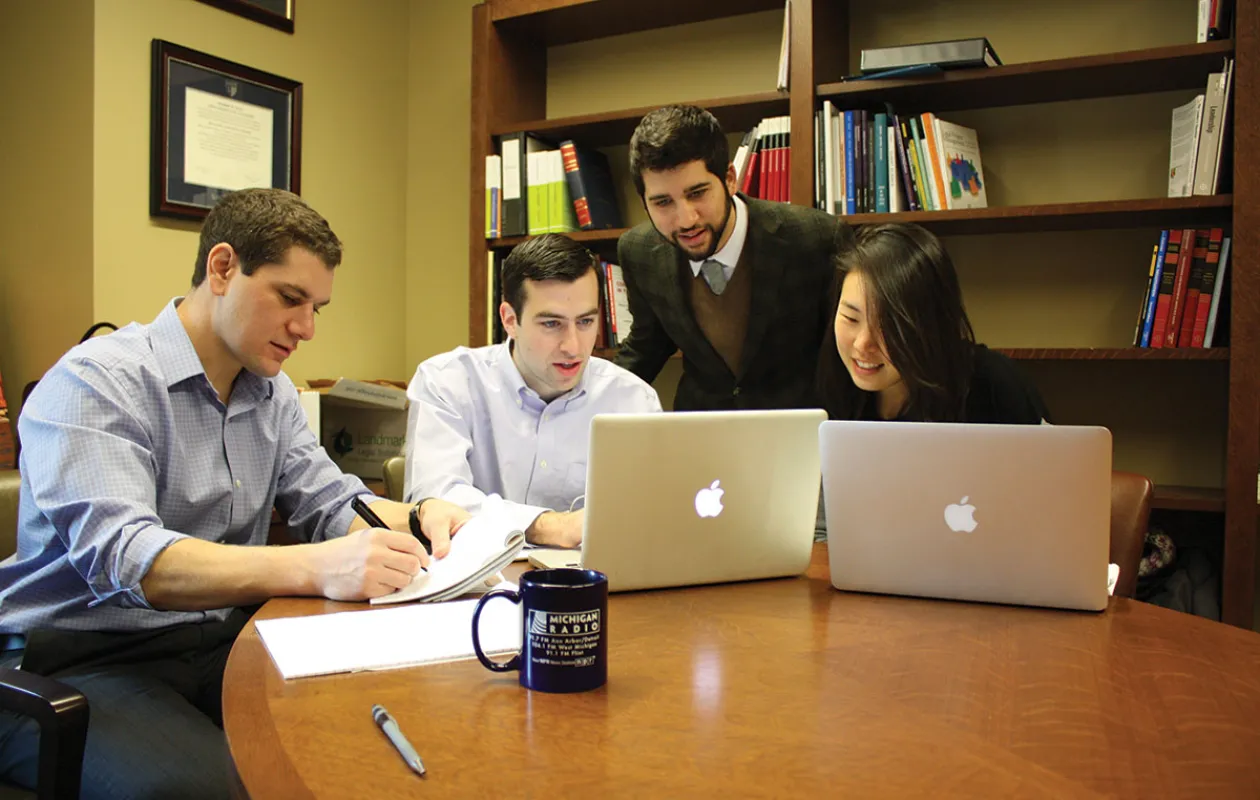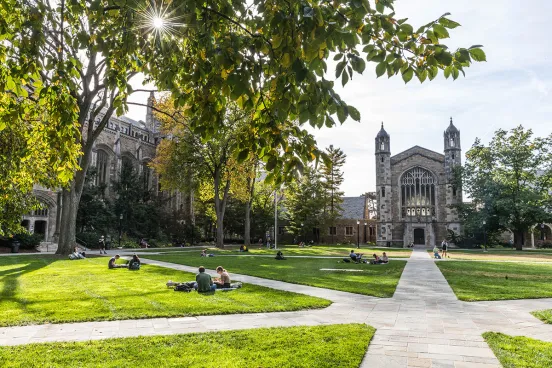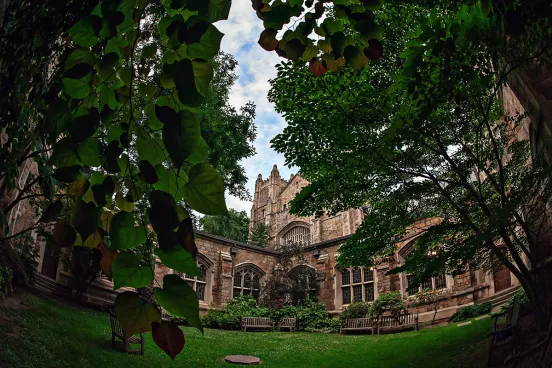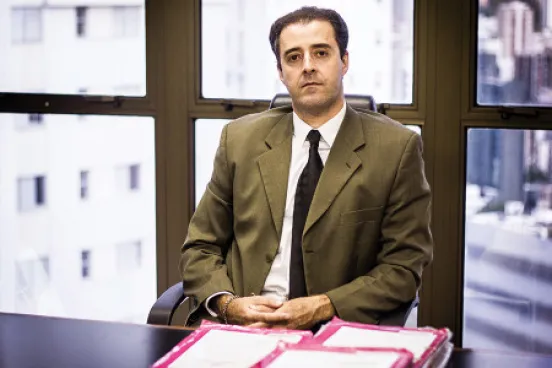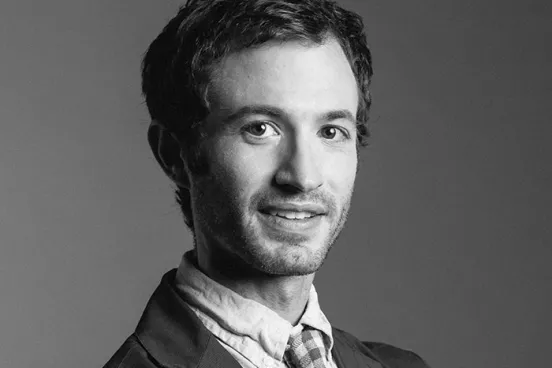The partner has asked you to draft an ancillary agreement for a multibillion-dollar M&A deal. But there’s one catch: You’ve just started as a summer associate. Where do you begin?
The situation may sound hypothetical, but for Mark Viera, ’14, it was last summer’s reality. And though the experience could have been nerve wracking, the Transactional Lab veteran never doubted his ability to handle the task.
“I wouldn’t profess to know everything there is to know about being a corporate attorney or drafting contracts, but I felt in that moment that I could tackle the assignment that was given to me,” Viera says. “Had I never sat down with a contract before, I don’t know how I would have been able to confidently navigate the opportunity.”
Viera attributes this heightened level of confidence to his experience in the Transactional Lab & Clinic. Now in its second year, the lab includes both classroom and experiential components, helping students develop transactional knowledge and skills through exercises, readings, and discussion, while at the same time offering them the opportunity to work on actual transactional projects with premier corporate clients. It will expand its operations locally in fall 2015 when it begins offering services to small organizations in Washtenaw County that typically could not afford such legal services.
For Director and Clinical Assistant Professor Michael Bloom, the goal of the lab goes beyond educating students about the finer points of, say, drafting a limited liability company operating agreement. While this knowledge is valuable in and of itself, it is enhanced by the lab’s emphasis on attorney-client interaction.
“One of the significant features of the lab and clinic is the opportunity for students to own relationships with senior people at big, impressive companies,” Bloom says. “Students develop their chops running meetings—leading conference calls and meeting clients in person. I’m excited to grow this opportunity this fall to inclulde serving local clients in need, which will expand our students’ range and give them a wider perspective on deal work.”
This communication component has been an excellent complement to 3L Danielle Klavons’s practical experiences in the lab and on the job. Having spent her 1L summer working with the contracts group at Quicken Loans, Klavons was no stranger to transactions when she enrolled in the lab as a 2L, but she had little experience interacting directly with clients.
“Part of the process of the lab is the time element,” Klavons says. “We take much longer than a normal law firm would to complete a project, so that we can maximize the learning moments throughout. For me, it was thinking before speaking. Professor Bloom taught us that you have to evaluate your own expectations with the client’s and be mindful of what the goals are.”
Learning moments such as these usually evolve into new lessons in the lab and clinic as Bloom incorporates student input in an effort to keep the content and structure relevant for the students and the clients they serve.
“One way that we will always evolve is that I involve students in the evolution,” he says. “We allow students to give feedback from the types of projects and clients we take on to how we should spend time in the seminar. These are all things that allow the lab to stay calibrated to what students need and want their experiences to be.”
Chief among the students’ goals is to work with corporate clients such as Pepsi, Aon, and NCR on complex projects ranging from operating agreements to the multitude of documents involved in acquisition transactions.
“It’s an incredible opportunity to sit down with a general counsel at a Fortune 500 company to talk through the business issues with them and then execute on something that will be used by them,” Viera says. “How many other law schools can boast about providing that kind of opportunity to their students?”
With the aid of Transactional Lab & Clinic alumni like Viera and Klavons, Bloom says he is confident that the program will grow even more beneficial to students over time.
“I want to build a pipeline from the lab and clinic to practice,” Bloom says. “Practice will always be changing, and I want us to keep abreast of those changes. Our alumni working in transactions can keep us up to date on t useful resources, and evolving law firm practices that can prepare current students to hit the ground running after graduation. One of my goals is to put Michigan Law graduates on a different trajectory so they further impress and get more interesting work early in their careers.”


